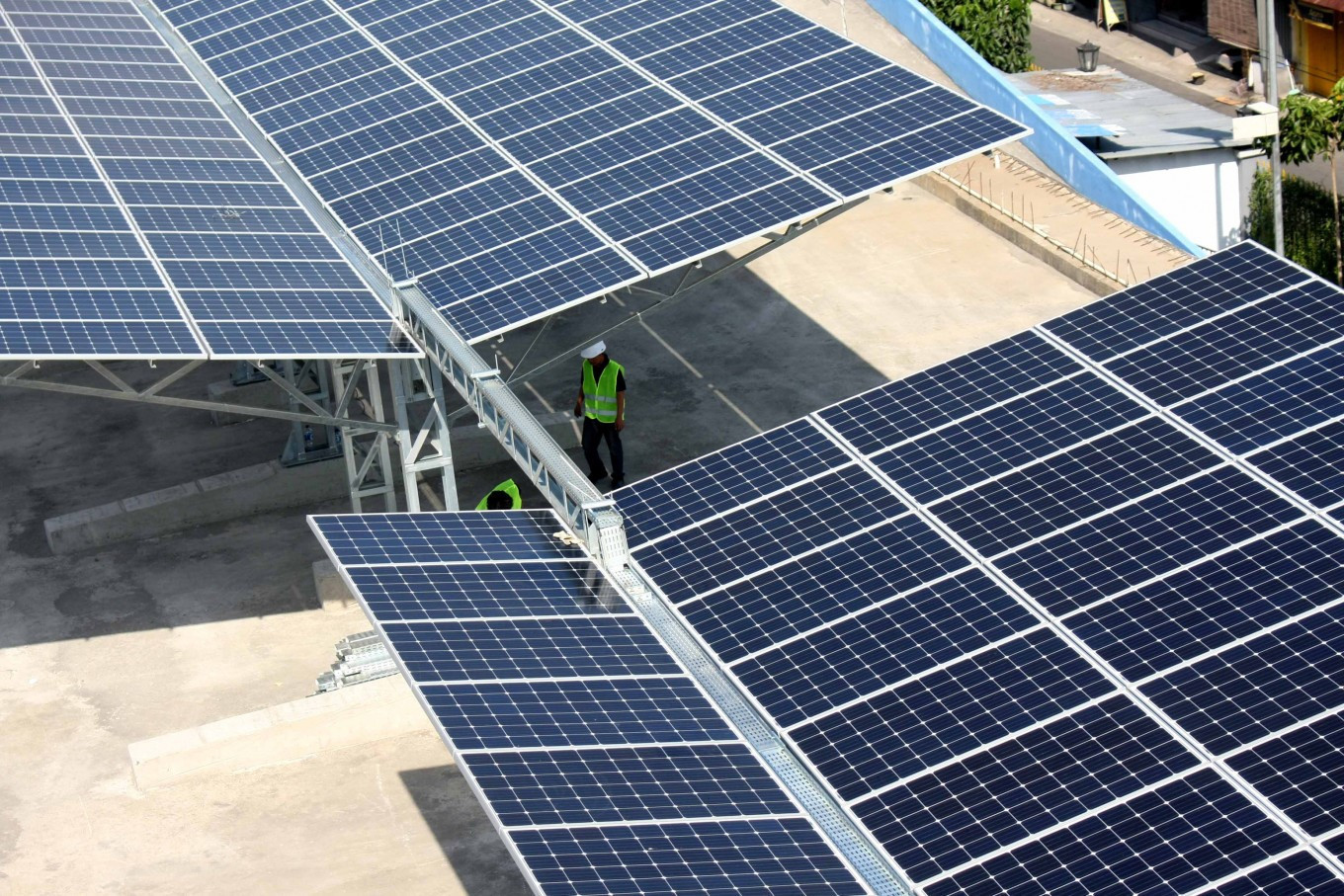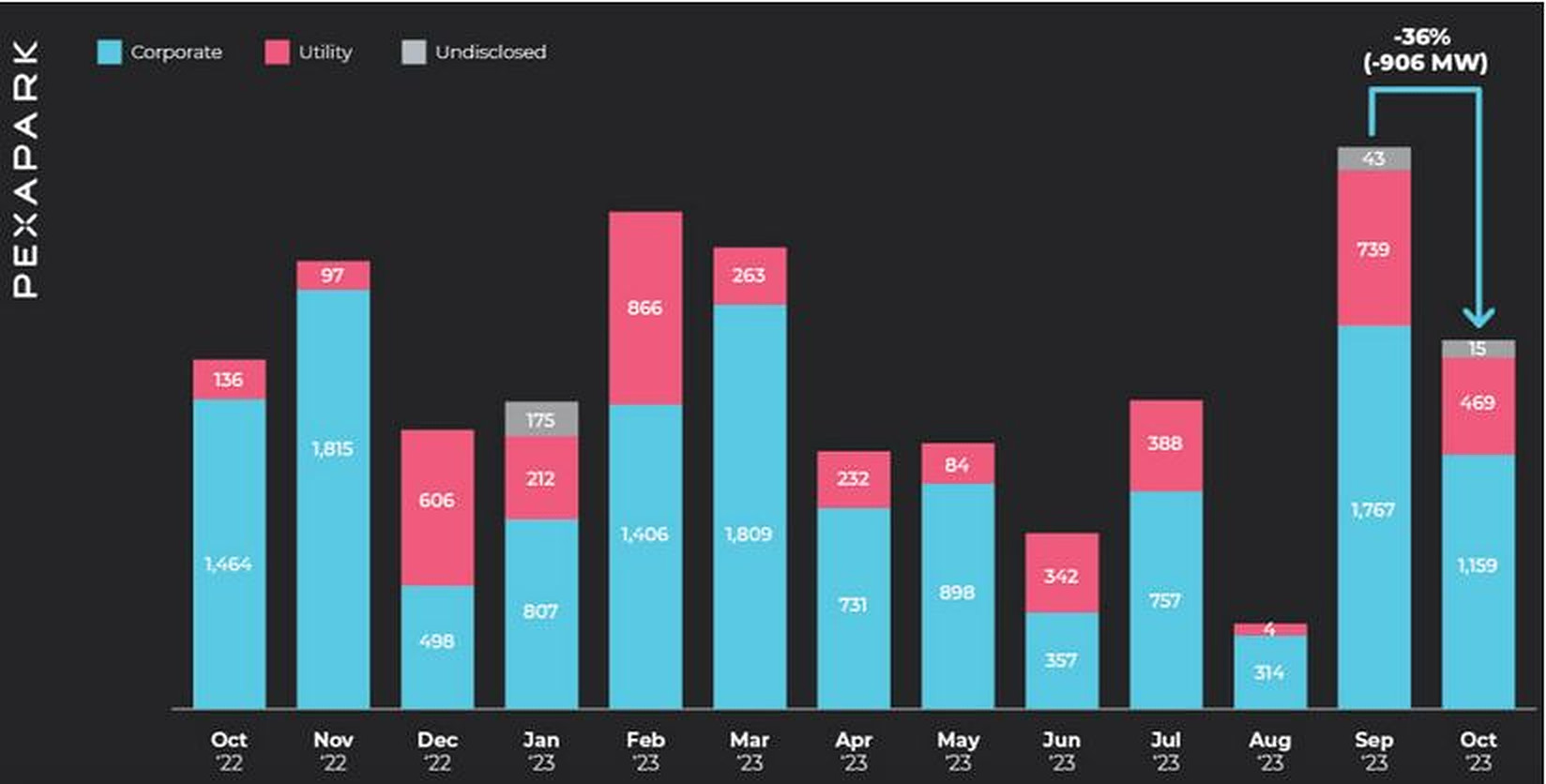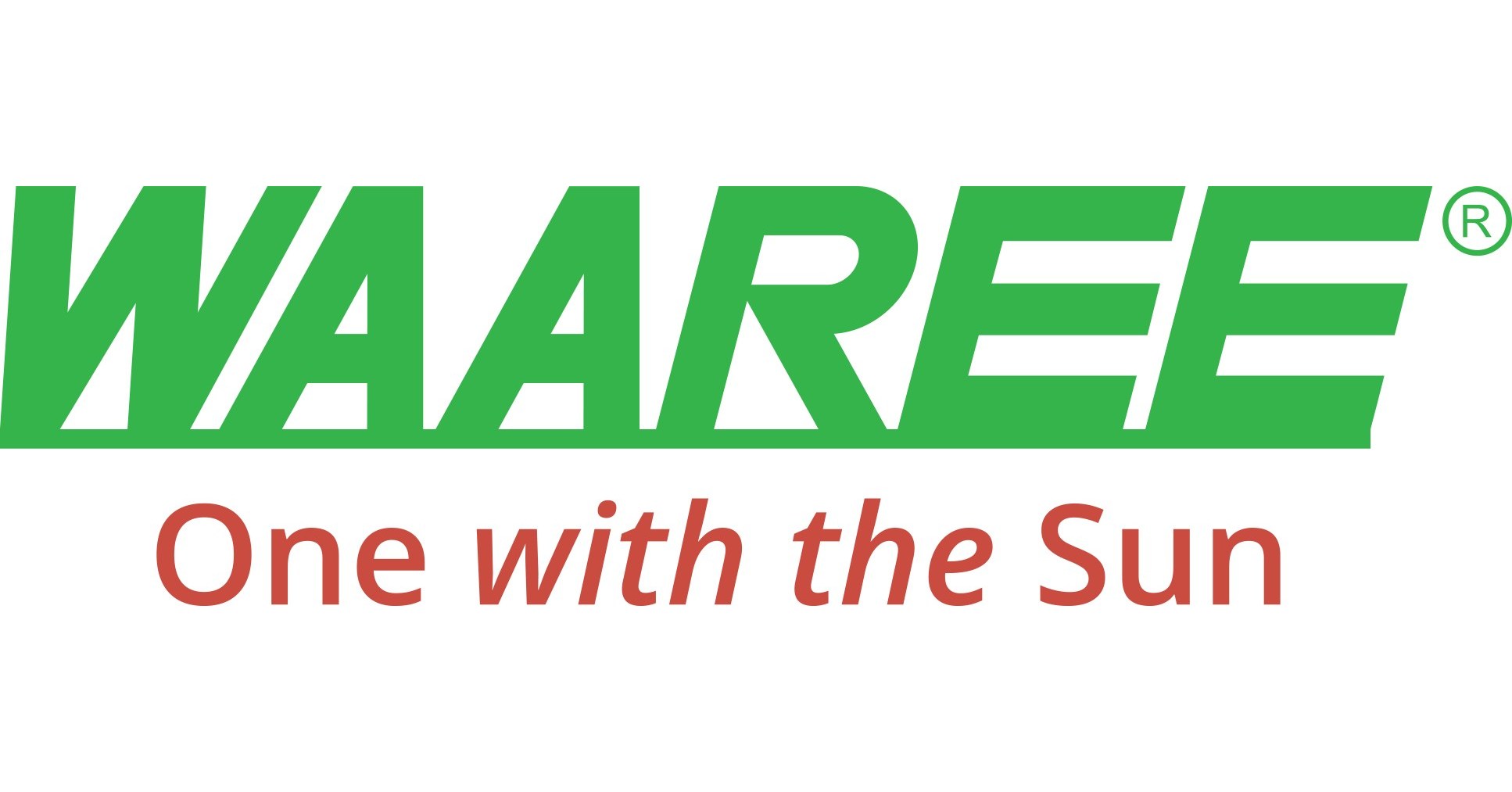In the ongoing deliberations of the New and Renewable Energy Bill in Indonesia, power wheeling has emerged as a contentious topic. This mechanism allows private power producers to directly transmit electricity to their customers through the state grid.
Challenges and Unresolved Questions
The integrated structure of Indonesia’s national electricity industry poses challenges to implementing power wheeling. While the integrated structure enables state-owned PT PLN to calculate costs efficiently, it also creates rigidity in the industry, making it challenging for new players, especially in transmission and distribution.
Prospective Benefits for Renewable Energy Investment
Despite challenges, proponents believe that power wheeling could enhance the attractiveness of renewable energy investments. The mechanism allows independent power producers (IPPs) to rent PLN’s transmission infrastructure, facilitating direct transmission to customers. This opens avenues for high-voltage consumers to enter power purchase agreements (PPAs) with IPPs, supporting the RE100 initiative for corporate renewable commitments.
Legal Framework and Hurdles
While Government Regulation (PP) no. 14/2012 and Ministerial Regulation No. 1/2015 provide a legal framework for power wheeling, its implementation faces obstacles. Stringent regulations and complexity create challenges for PLN in economic dispatch, hindering the entry of new players. Despite legal clarity, power wheeling’s full potential remains untapped in Indonesia.
As Indonesia navigates its energy landscape, addressing challenges and fostering a conducive environment for power wheeling is crucial for attracting renewable energy investments and ensuring a sustainable energy future.
Source:thejakartapost.com





